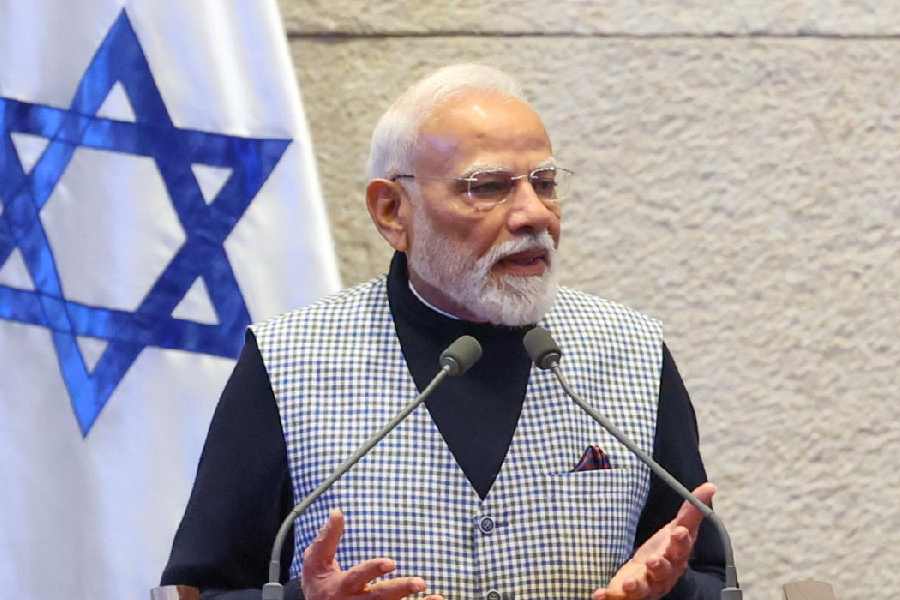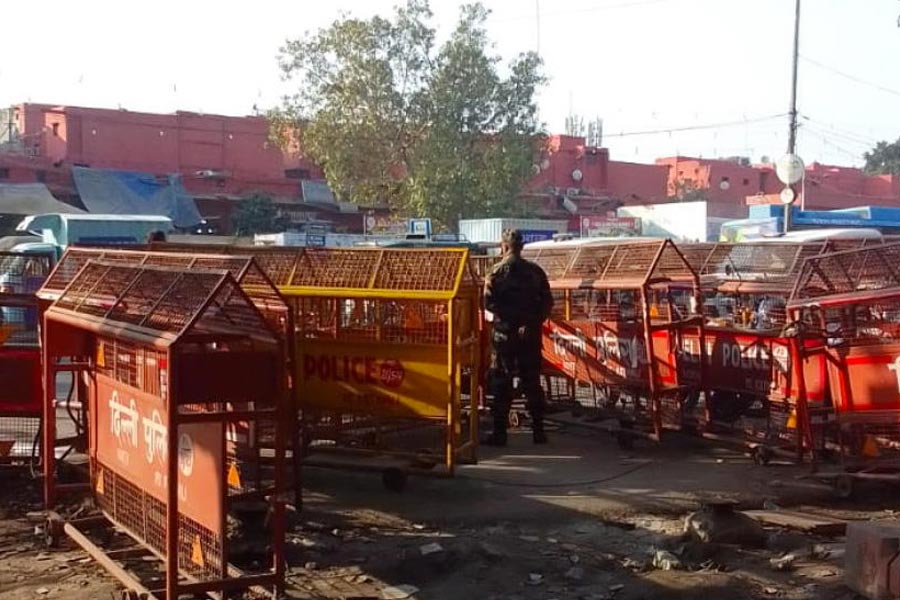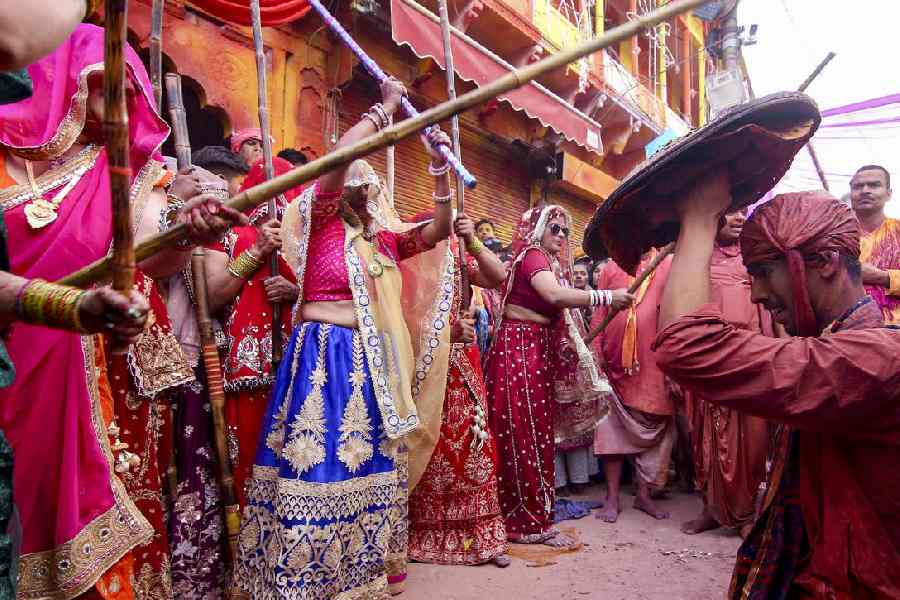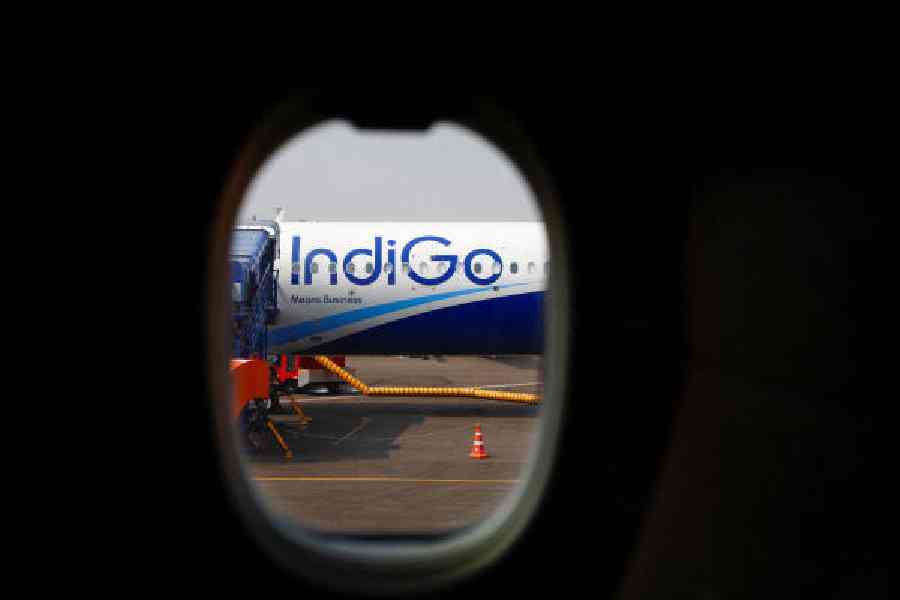 |
| Dutch techies Rob Van Waas (second from left) and Roy Heijndijk with AN College students at Kalyanpur in East Champaran |
Patna, Dec. 5: Power-starved Bihar has two visitors from the Netherlands who are exploring various means to generate electricity from alternative sources for use in the state’s rural pockets.
Roy Heijndijk and Rob Van Waas are graduating in technique policy and management from Delft University of Technology, the largest and oldest public technical university in Deft, the Netherlands. Ever since the duo arrived in the state capital on November 11, they have visited a number of villages in Patna, Motihari and Muzaffarpur districts to work on their project titled Patna Power. During their survey, the two youths found that chances of many remote villages getting connected with both central and state power grids in the next few years were low. Their remedy — these villages have to use renewable sources of energy and this has to be done in a way to that the villagers could generate livelihood for themselves, possibly by running small and cottage firms. In turn, the villagers would be able to pay for the electricity.”
“We have heard that the Centre is working on rural electrification projects by utilising huge funds. But there are various hindrances such as the transmission factors and the villager’s incapability to foot electricity bills. According to the state’s findings, there are about 500 villages that are not going to be connected with thermal grids owned by the government in five years. In such cases, one needs to resort to alternative sources such as solar energy and biomass and gasifier-based generation system to generate power,” Roy said.
“Besides, mere generation of renewable sources of energy will not serve the purpose. One has to take into consideration the economic and social viability factor. It has to be ensured that the villagers can pay for electricity, which should also augment the development of villages. Among various possibilities of generating electricity from alternative sources are small grids that function with the supply of renewable sources of energy. Such grids can be set up in a village or a cluster of villages. Similarly, a common solar panel can be installed in villages and utilised by locals to charge their lanterns, cellphones, laptops and other appliances,” he added.
Rob said power generated through alternative sources of energy could be utilised for sustaining very small industries like milk coolers, rice mills and grain grinders in villages. “If this is done, the lifestyle of people in the rural areas will improve by leaps and bounds. But there are various obstacles too. For instance, there has to be somebody to look after the regular operation and maintenance of solar and biomass plants.”
Roy and Rob are the second team of students from TU Delft which is working on Patna Power project. Ashok Ghosh, professor in-charge of the environment and water management department, AN College, and Rob and Roy’s guide, said: “Three students from Delft had come to Patna several months ago and they too had found out various ways of generating electricity in rural areas. But it was found that generation of the renewable sources of energy is not profitable.”











